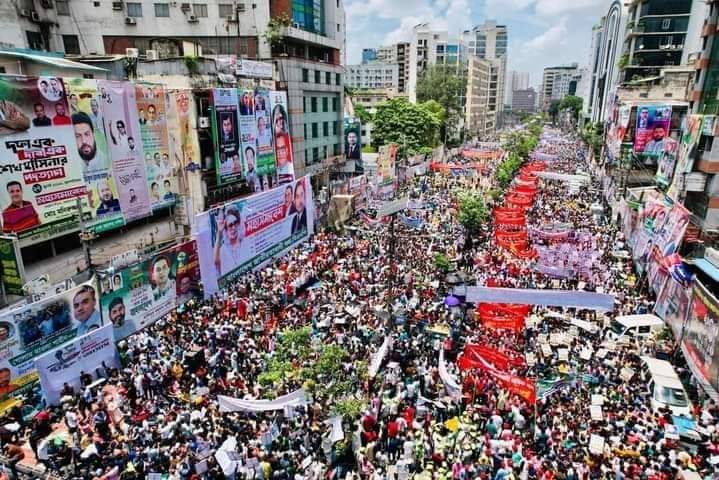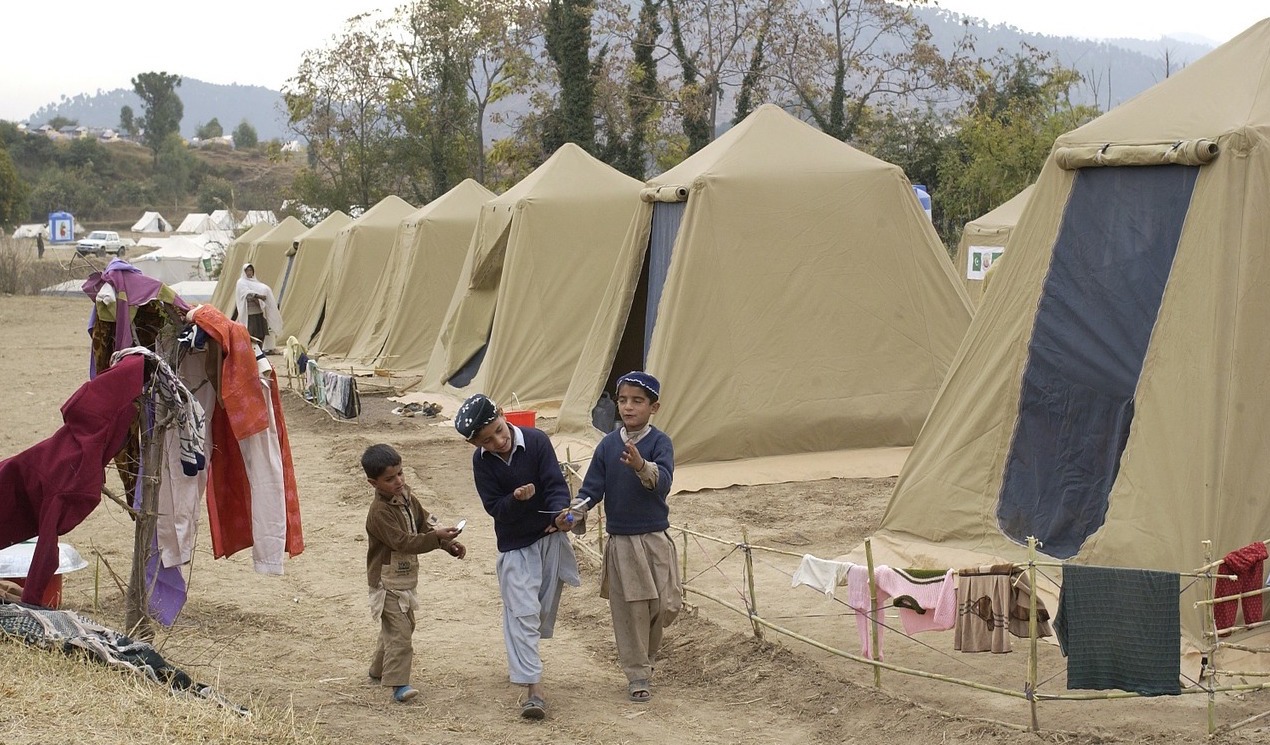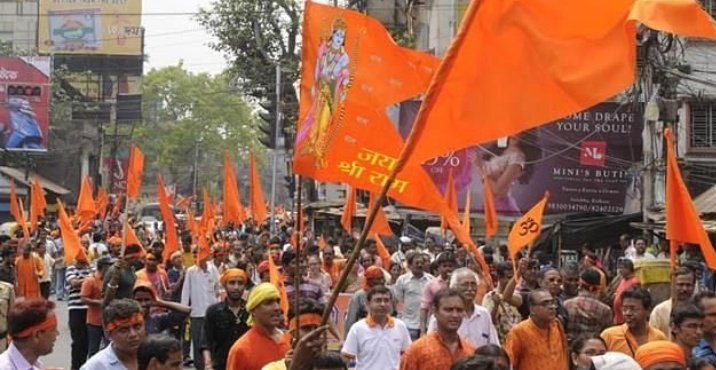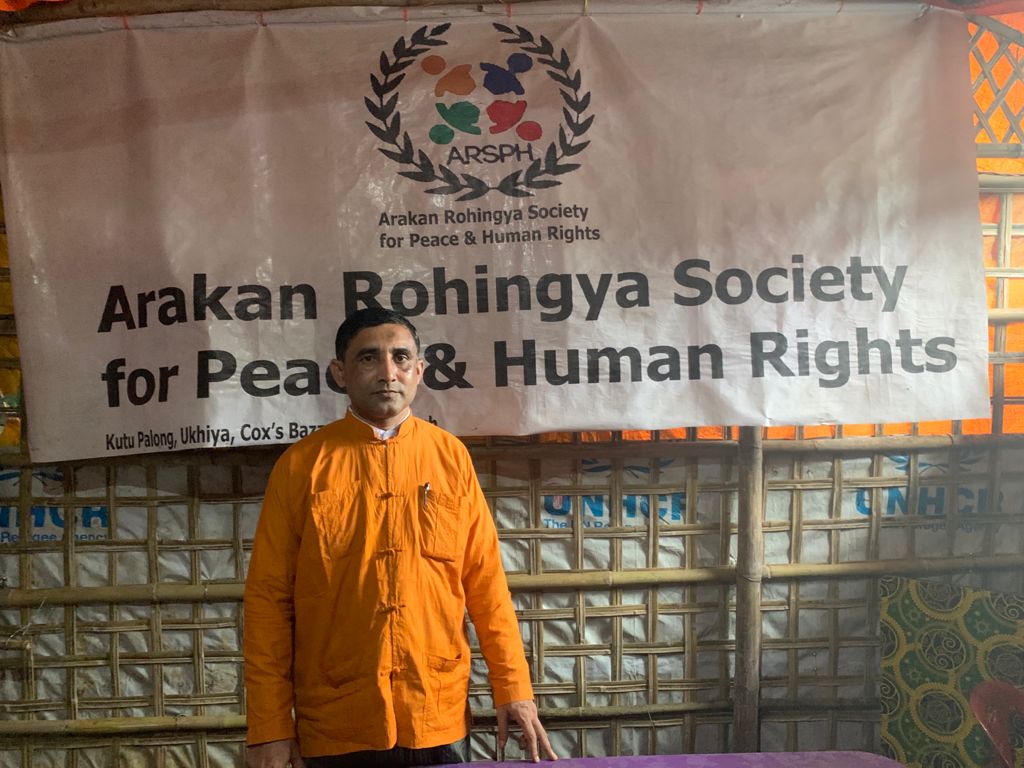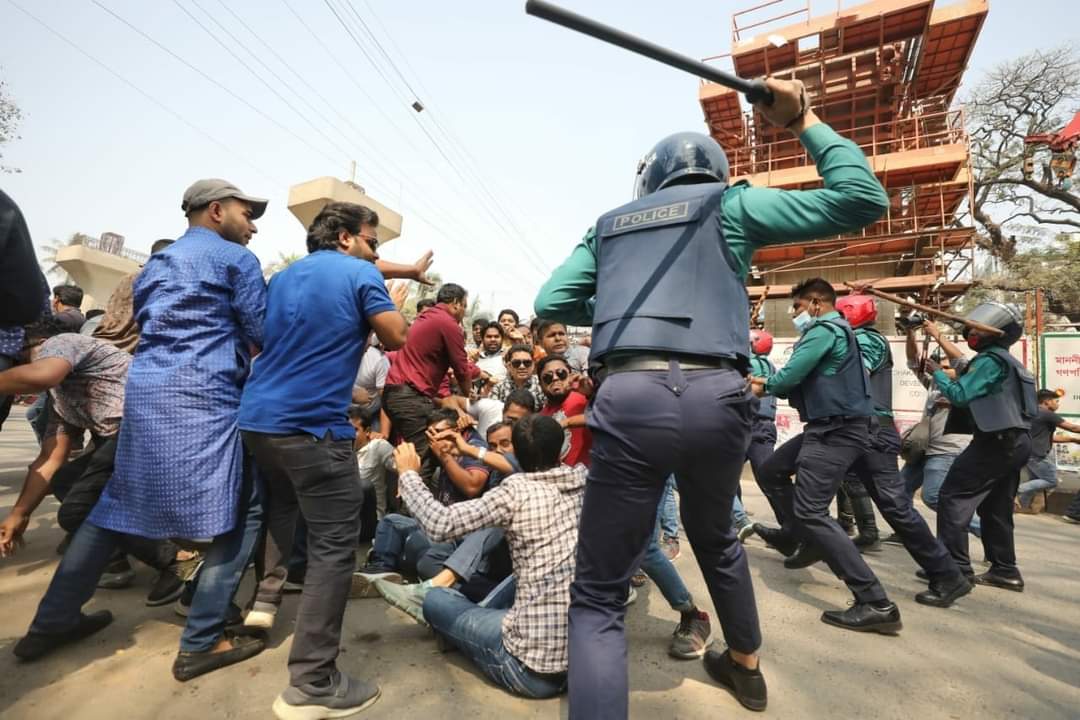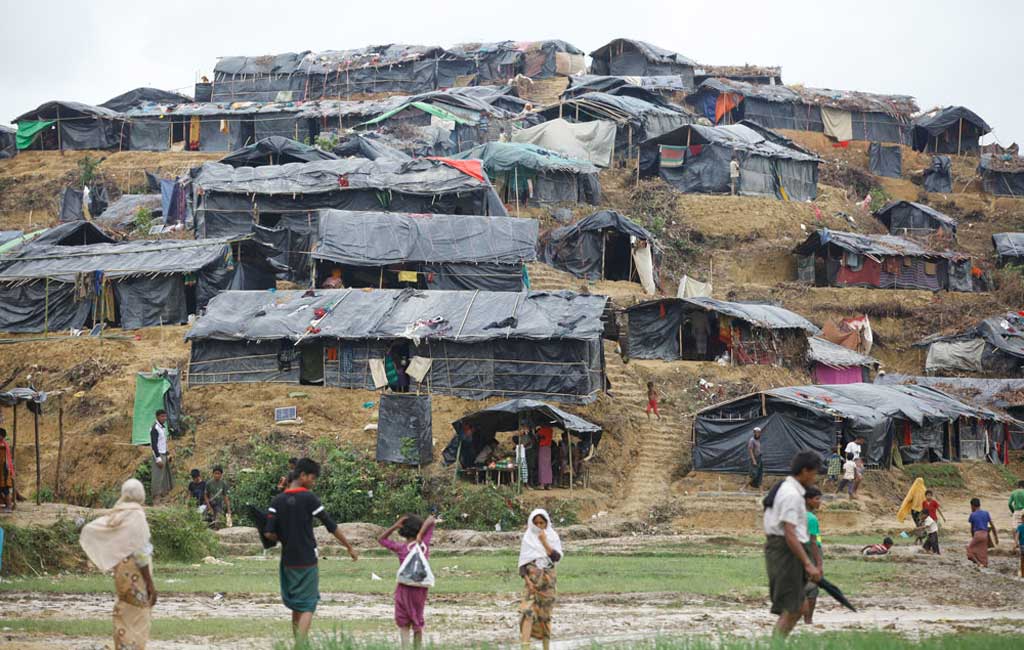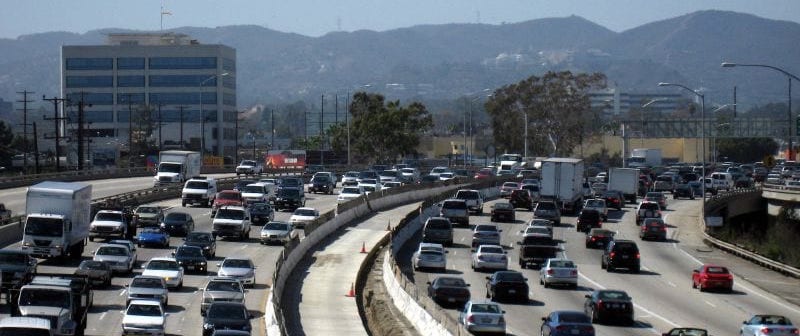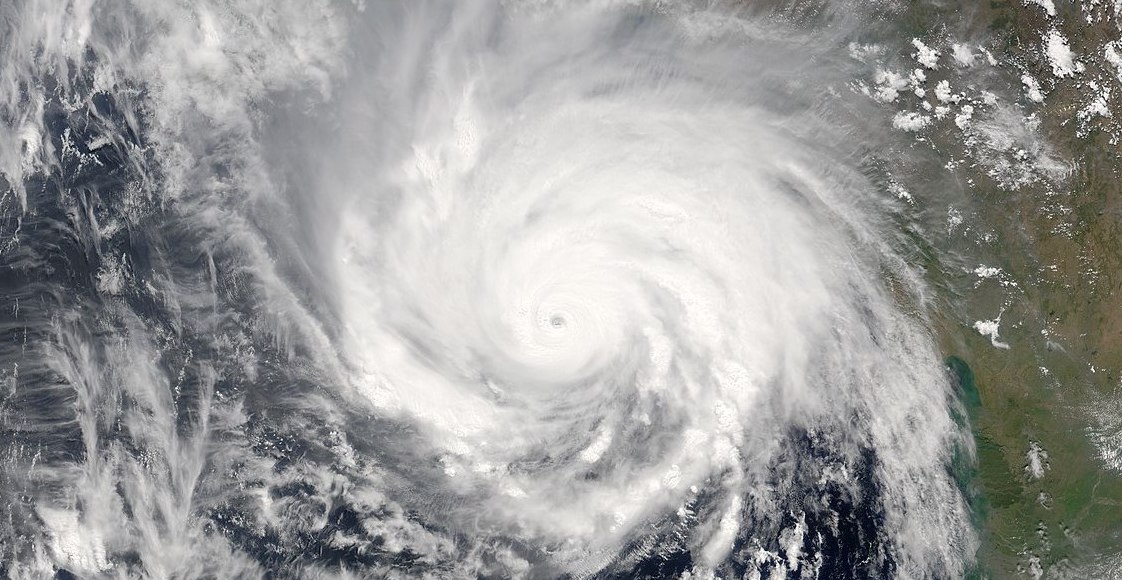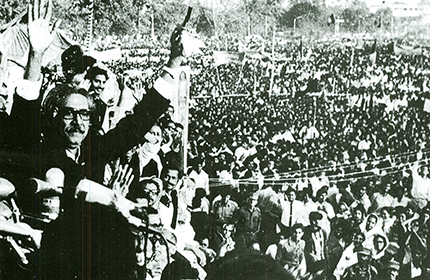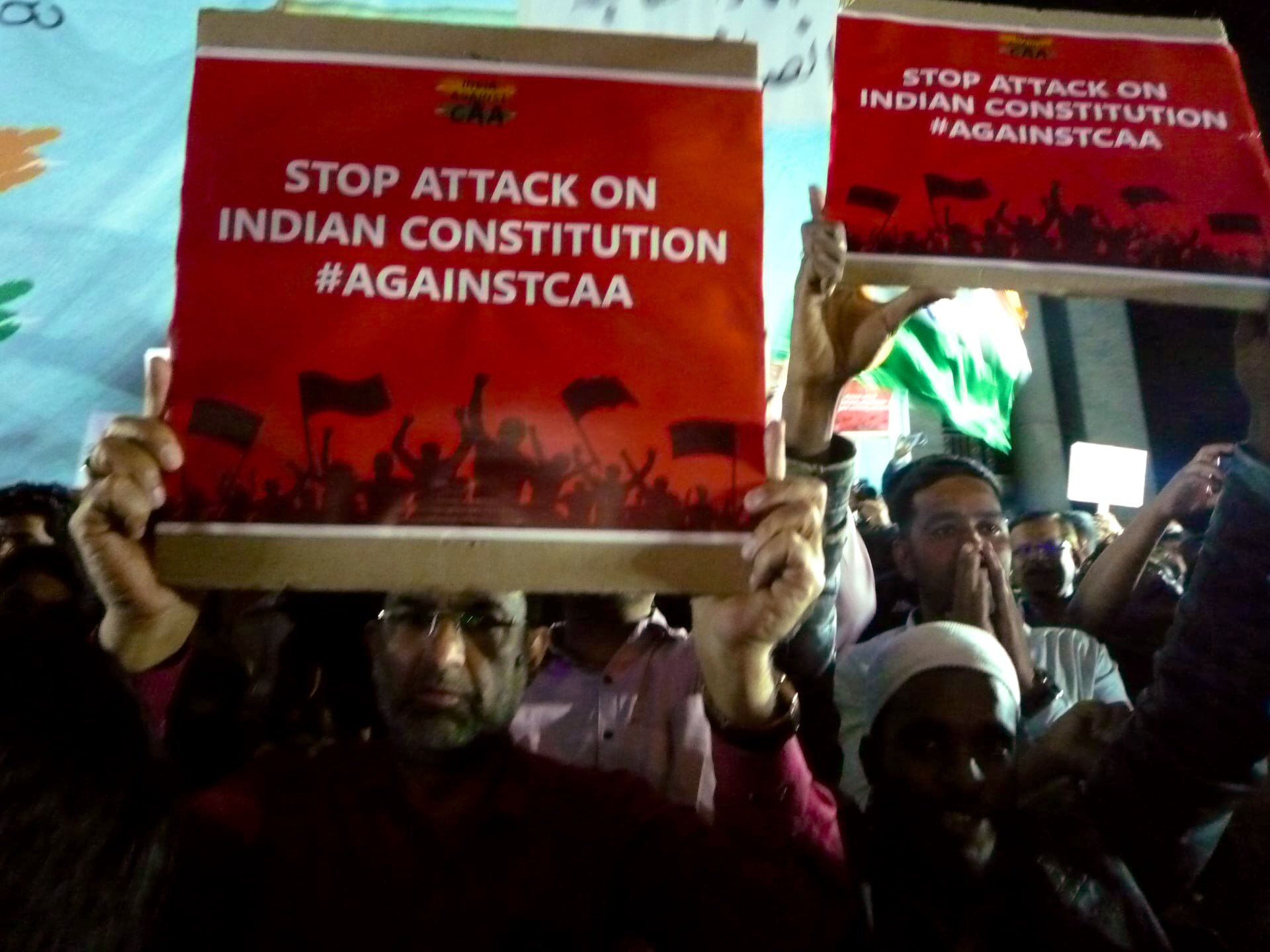
ICC receives Palestine referral from Rome Statute parties
The International Criminal Court (ICC) released a statement saying it received a referral from Bangladesh, Bolivia, Comoros, Djibouti and South Africa regarding the Situation in the State of Palestine. ICC prosecutor Karim AA Khan KC affirmed that an investigation is currently ongoing with its own dedicated team. The five countries made the ICC referral in accordance with their powers under the Rome Statute. All five of the referring countries are party to the Rome Statute, as is the State of Palestine; Israel is not. (Photo: OSeveno/WikiMedia)



